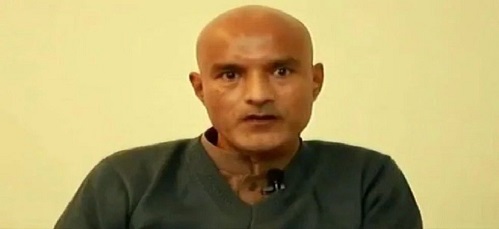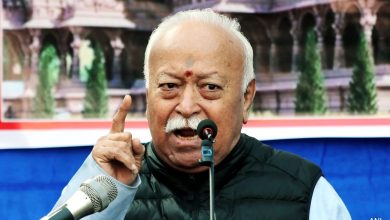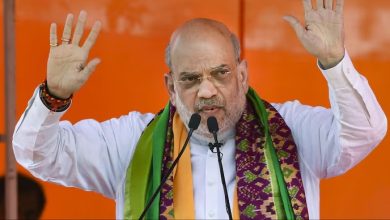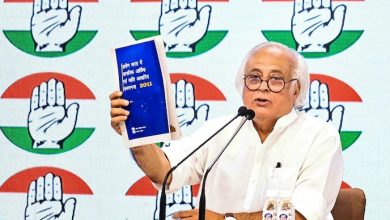
New Delhi: Kulbhushan Jadhav, a former naval officer sentenced to death in Pakistan over allegations of spying and terrorism, was allowed a meeting with an Indian official for the first time on Monday, weeks after the International Court of Justice ordered Islamabad to give India consular access to him and also review his death sentence. Indian Charge d’ Affaires Gaurav Ahluwalia met with Jadhav for over two hours.
“We hope that the Pakistan will ensure right atmosphere so that the meeting is free, fair, meaningful and effective in keeping with the letter and spirit of the ICJ orders,” government sources had said this morning before the meeting.
Pakistan’s foreign office had tweeted on Sunday that India will be given consular access to him on Monday “in line with Vienna Convention on Consular relations, ICJ judgement & the laws of Pakistan”.
Kulbhushan Jadhav, 49, was sentenced to death by a Pakistani military court in April 2017. India called the closed trial farcical and took Pakistan to the world court a month after the sentencing.
In a verdict 15 to one in favour of India, the UN court said the death sentence should remain suspended until Pakistan effectively reviewed and reconsidered the conviction. The world court had also agreed with India’s allegation that Pakistan had not informed Jadhav about his rights and that “Pakistan deprived India of the right to communicate with and have access to Jadhav, to visit him in detention and to arrange for his legal representation,”
India says Jadhav was abducted from Iran, where he was running a business, and falsely accused of espionage and terrorism.
The Pakistan Foreign Office had even last month said India could meet Jadhav. But the meeting did not take place after New Delhi and Islamabad disagreed on the terms.
Pakistan wanted one of its officials to be present when Jadhav met Indian officials.
India rejected the idea and asserted that consular access must be “unimpeded” and should be in the light of the judgment by the International Court of Justice.





